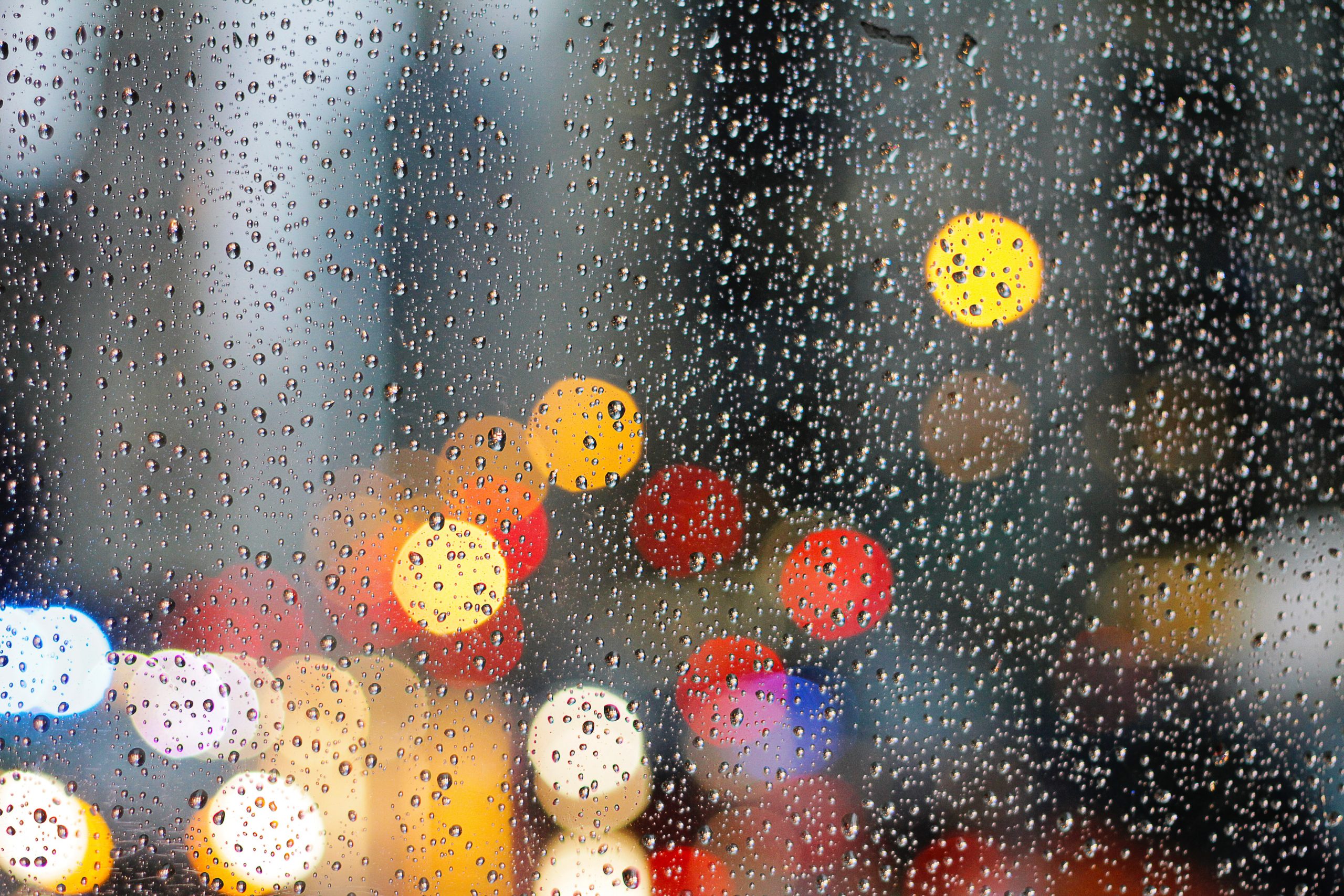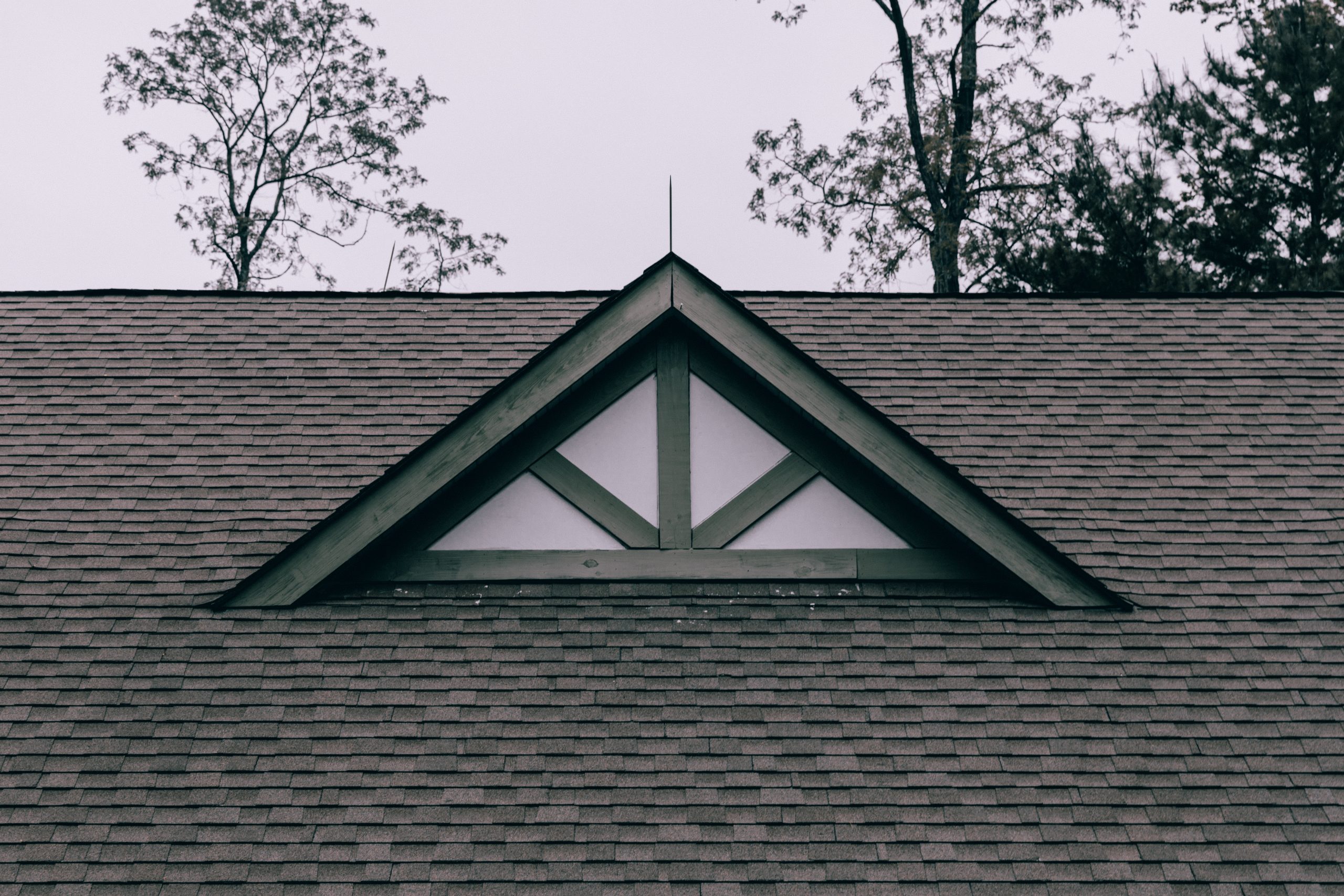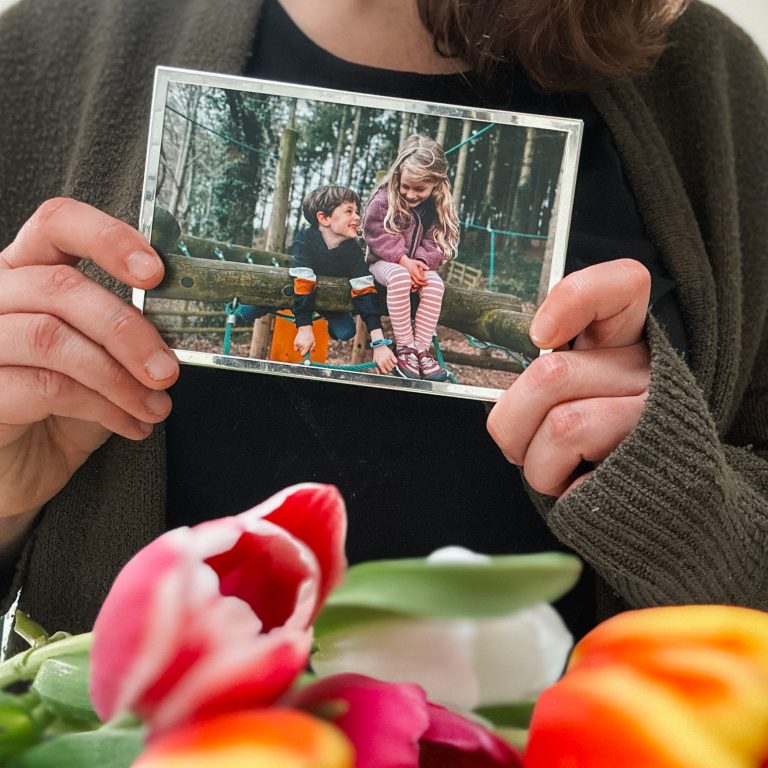Everyone deserves a safe home environment where they can make memories with their loved ones. Even if you recently moved into a brand new house, it may not be the haven your family needs. Read on to learn how to keep your home safe from emergencies and prevent potential dangers from hurting your loved ones or your property.
1. Host Frequent Family Meetings
Improved communication is the best way to protect your loved ones. Call a family meeting once you determine where everyone should meet outside during a house fire or shelter during a major storm. Catch everyone up to speed and host those meetings frequently so no one forgets how to respond to dangerous situations.
2. Install a Security System
Security cameras are an excellent property addition, but only if you know what you’re getting. It’s essential for every homeowner to compare security system options to get the best features for their home. Whether you want to avoid signing a contract, paying monthly fees or buying equipment you don’t know how to use, researching your options will quickly reveal the best technology to keep your home safe from emergencies.
3. Check Your Smoke Detector Batteries
Checking your smoke detectors may seem too simple to make much of a difference, but those small machines are life savers. Research shows that 54% more people survive house fires when they have working smoke detectors. Test each detector according to the manufacturer’s instruction manual to determine which need new batteries and which are functioning properly.

4. Research Your Local Weather
It’s much easier to plan for emergencies if you know what’s most likely to happen. No one can predict the future, but you can spend some time researching your regional environment to get a better idea of what your future holds. If your city, county or state is more likely to have hurricanes than earthquakes, you’ll know which event will most likely affect your family. Keep an eye on the calendar as well. Paying attention to things like hurricane seasons and droughts will help you gauge if specific emergencies are more likely to happen.
5. Schedule Chimney Inspections
When it starts getting cold outside, it’s tempting to use your fireplace. Ensure that a professional inspects it before that happens. They’ll check your chimney for debris and buildup that could otherwise redirect smoke into your home and cause carbon monoxide poisoning. Sometimes storm debris like leaves and twigs collect in chimneys and hide in there for months. Residue left behind by previous fires can also coat your chimney in grime that helps catch debris more easily. An inspector will have a team of experts ready to clean your fireplace from top to bottom so it’s safe to use whenever the weather gets cold.
6. Prepare an Emergency Kit
Every home needs a well-stocked emergency kit to withstand weather disasters. Yours can include things like:
- A first-aid kit
- Canned food
- Flashlights
- Batteries
- Toiletries
Additional items like external batteries and phone chargers could also be helpful in long-term emergencies like extended power outages after an earthquake or hurricane.
7. Check Your Insurance Options
Everyone who buys a house must have an active home insurance plan at their closing appointment. It’s an important way to protect your property, but you can also enact other insurance policies specific to emergency situations. Depending on what is most likely where you live, you could get coverage for events like:
- Earthquakes
- Hurricanes
- Floods
- Winter storms
- Tornados
Although it wouldn’t prevent these situations from causing property damage, the policies would help you repair or rebuild quickly afterward. You’ll fortify your home with some financial assistance to better protect your loved ones from future weather events.

8. Post on Social Media Carefully
Avoid posting anything that tells anyone you’re away from home. Your followers might be friends and family members, but any internet user can find a post by selecting your profile or searching hashtags used in your posts. They may stop by your property to steal valuable belongings while you’re away.
9. Invest in a Fireproof Safe
Keeping your home safe also means protecting the essential documents stored in your office, bedroom or closet. An unexpected fire could destroy things like your family’s social security cards or birth certificates. Investing in a fireproof safe will keep all of those things from burning in case of an emergency. They’ll also remain within their locked container if your burglars find their way into your house.
10. Get Annual Roof Inspections
Anyone can spot a leaky faucet or warping floorboards. It’s much more challenging to catch roof damage because it’s out of sight. Professional inspectors will quickly see cracked shingles or water damage before they compromise your home’s integrity. Schedule a roof inspection at least once a year to avoid damage that could cost thousands of dollars to repair or make your family more vulnerable to injuries.

Keep Your Home Safe From Emergencies
Thinking outside the box is a great way to learn how to keep your home safe from emergencies. Prevent property damage, injuries and even death by taking easy steps like checking the batteries in your smoke detectors or scheduling professional inspections. These ideas will protect your loved ones while saving money on expensive repairs.











No Comments